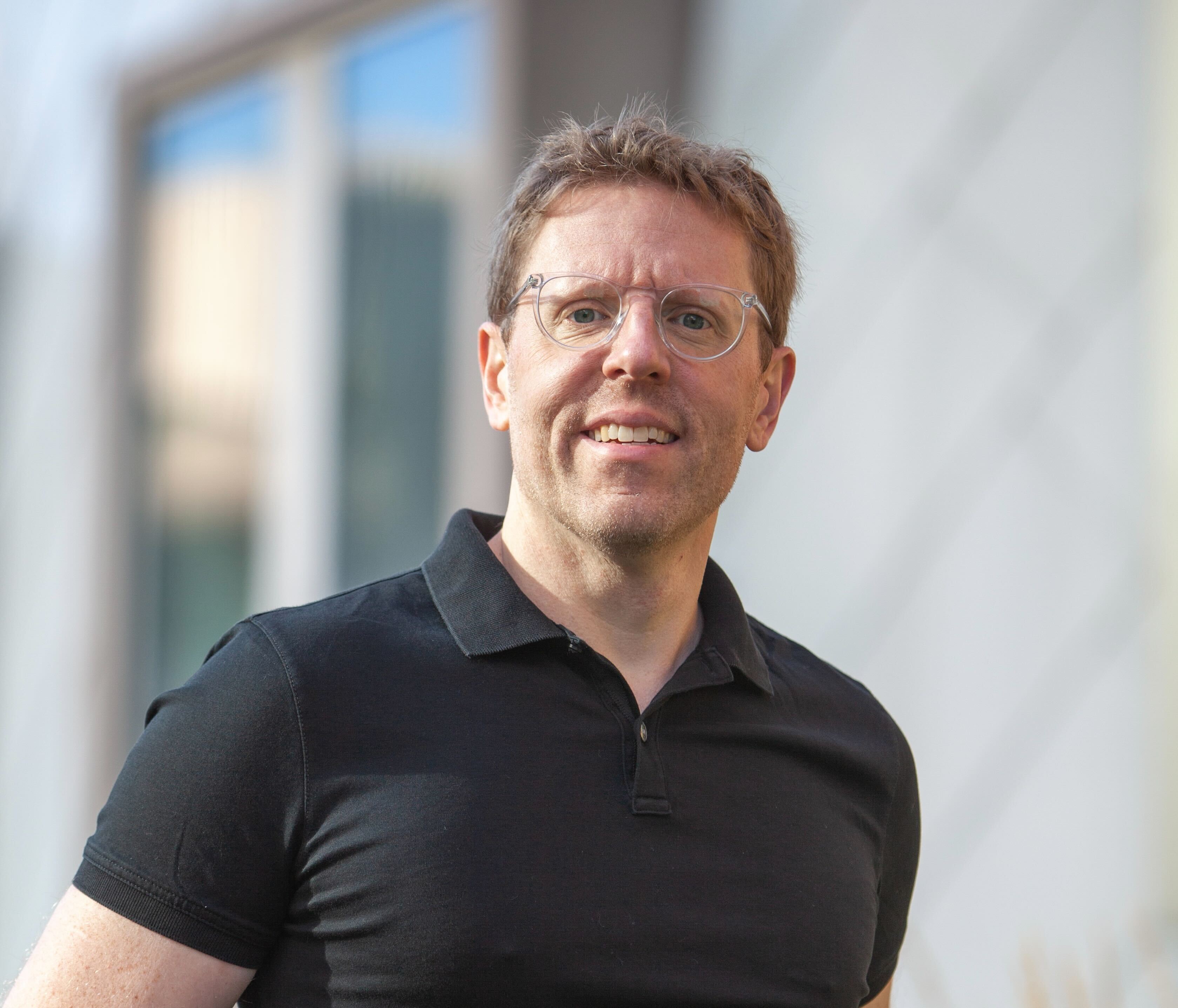MIT researcher Neil Thompson was recently awarded a $13 million grant from Good Ventures, advised by Open Philanthropy, to support his research modeling the trends and impacts of artificial intelligence and computing. Thompson, an investigator at the Computer Science and Artificial Intelligence Laboratory (CSAIL) and the Initiative on the Digital Economy (IDE), will use the funding to launch the FutureTech research project, an interdisciplinary effort to analyze how progress in computing creates economic growth.
FutureTech includes academics from computer science, economics, and management. Together, they will “examine the foundations of computational progress,” according to the project’s official website. The official launch of FutureTech will be announced at the Workshop on the Computational Foundations of Prosperity on September 30th and October 1st, the inaugural event the group is hosting to help create an interdisciplinary community around these issues and lay out a collective research agenda. The Thompson-led project will continue convening this community in upcoming seminars and future conferences.
“By drawing on computer science, economics and management, we aim to identify and understand trends in computing that create opportunities for (or pose risks to) our ability to sustain economic growth,” the group states. FutureTech hopes to continue advising policymakers, scientific funding bodies, and computing leaders on these issues.“Understanding how improvements in computing turn into economically-meaningful outcomes will allow us to target our innovation efforts and ensure that we are getting all the benefits we can,” says Thompson.
Thompson’s work on Moore’s Law, and what happens after it ends, is the inspiration behind FutureTech. While Gordon Moore predicted that the number of transistors on a microchip would double every year or two back in 1965, manufacturers are now approaching physical limits on how much they can shrink transistors, and economic limits of how to do so affordably. These limits are undermining this decades-old driver of computer progress — which Thompson’s work shows has been central to improvements in machine learning, weather forecasting, oil exploration, and protein folding.
The prize will be primarily funded by co-founders Cari Tuna, a former Wall Street Journal reporter, and Dustin Moskovitz, a co-founder of Facebook and Asana.




